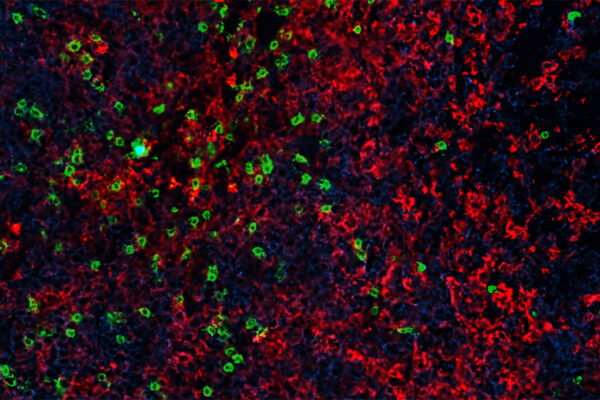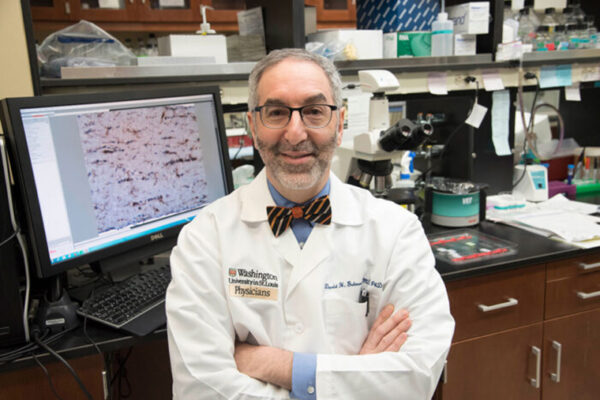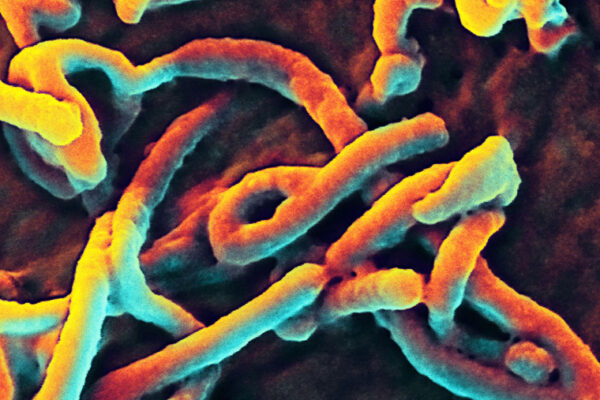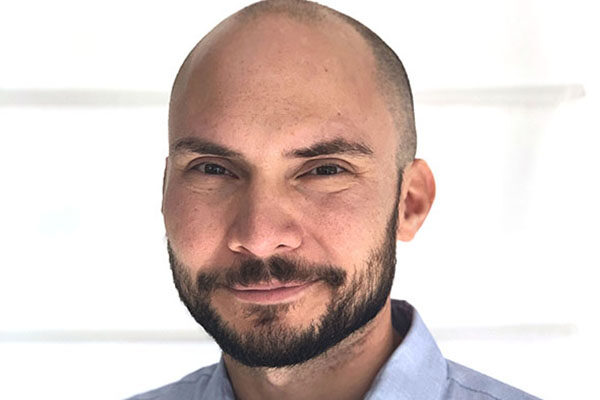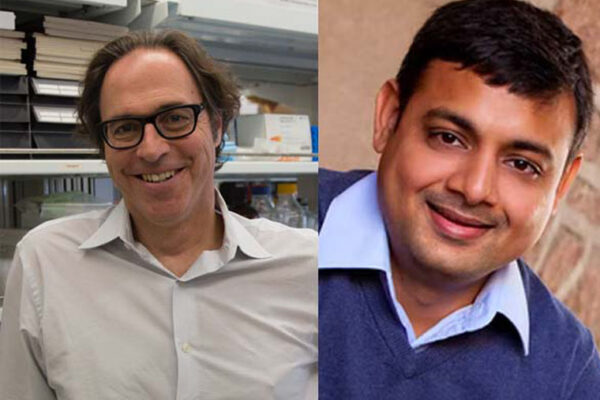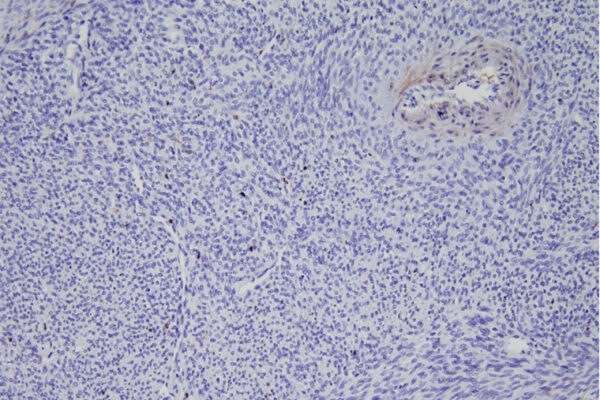Suicides less common in states that passed Medicaid expansion
Researchers at Washington University School of Medicine have found that although there have been steady increases in the number of people nationwide who die by suicide, such increases have slowed in states that have implemented Medicaid expansion.
Immunity-boosting treatment enhances CAR-T cell therapy for blood cancers
A study from the Washington University School of Medicine shows that treatment with the immunity boosting protein interleukin 7 (IL-7) after an infusion of genetically modified T cells causes the cancer-fighting CAR-T cells to grow in number and become more effective at killing tumor cells.
Gutmann elected to Association of American Physicians
David H. Gutmann, MD, PhD, the Donald O. Schnuck Family Professor of Neurology at Washington University School of Medicine, has been elected to the Association of American Physicians.
Rapid Ebola diagnosis may be possible with new technology
A new study from researchers at Washington University School of Medicine and colleagues at other institutions details a new tool that can quickly identify the presence of Ebola virus in blood samples. The technology has potential to be developed into a rapid diagnostic test.
Ruzycki receives career development award
Philip Ruzycki, an assistant professor at the School of Medicine, received a $350,000 career development award from Research to Prevent Blindness.
Lishko named BJC Investigator
Polina V. Lishko, a noted molecular biologist and entrepreneur, has been named a BJC Investigator at Washington University School of Medicine.
Researchers to study leader cells in breast cancer model
Gregory D. Longmore, MD, at the School of Medicine, and Amit Pathak, at the McKelvey School of Engineering, will study the cells that lead the migration of deadly tumor cells through the body with a five-year $2.54 million National Institutes of Health (NIH) grant.
Gregory I. Goldberg, former dermatology professor, 74
Gregory I. Goldberg, a former professor of dermatology and longtime researcher at Washington University School of Medicine, died of heart failure May 21, 2022, at Barnes-Jewish Hospital in St. Louis. He was 74.
Investigational drug attacks synovial sarcoma, a rare type of tumor
A new study from Washington University School of Medicine describes a potential new therapy for synovial sarcoma, a rare tumor of soft tissues.
Med facilities services to open in new location June 2
The School of Medicine’s Facilities Integrated Service Center will open Thursday, June 2, in its new location at the Mid Campus Center.
View More Stories

